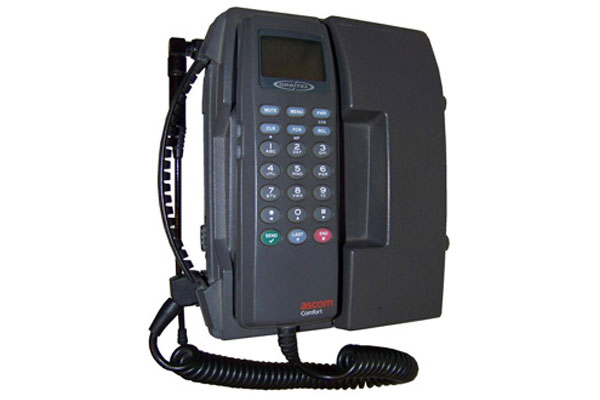Today marks 20 years since the birth of short message service, or SMS as we better know it. With a simple “Merry Christmas” sent on 3 December 1992, software programmer Neil Papworth had no idea he had just sparked a communications revolution.
The concept of SMS was developed in the Eighties by the Franco-German GSM co-operation, and Friedhelm Hillebrand and Bernard Ghillebaert are credited with coming up with a way to transmit a 128-byte text message using the mobile phone signalling format.
Papworth was the first to send a message using SMS, though. At the time, he was working for a technology company that was developing a Short Messaging Service Centre for Vodafone UK that would be used as an in-company paging service. He sent the Christmas greeting from a PC – as mobile phones only had numerical keypads back then – to an Orbitel 901 mobile phone owned by Vodafone’s then-technical director Richard Jarvis.
A look at the 2.1kg ‘portable’ phone that received the world’s first-ever text message is enough to see how much things have changed in the 20 years since.

It was in the late Nineties, when text messaging was enabled across different networks, that SMS really took off as a form of communication. Particularly popular among young people, the 160-character limit imposed in the early years of the service spawned a new language of abbreviations, sparking fears that ‘text speak’ would make future generations illiterate.
The emoticon, which marked its 30th anniversary this year, was used to add personality and, now, plenty of common text terms like ‘lolz’ have been added to the Oxford Dictionaries Online.

Nowadays, SMS is not only widely used for communication, it’s also used to provide a multitude of services, such as mobile banking, alerts, flight information, pay as you go top-ups, voting, competitions and charitable donations. It also has a darker side, littered with spam, scams and cyberbullying.
In the UK, Ofcom’s ‘Communications Market Report 2012’ found that new technology has fundamentally changed the way we communicate in that text-based communication surpassed traditional phone calls and even meeting face-to-face as the most frequent way UK adults keep in touch.
Globally, 8trn texts were sent in 2011, according to figures reported by The Observer, equating to about 15m texts per minute. There are about 3.6bn active users of SMS in the world (which is 78pc of all mobile phone subscribers), according to Tomi T. Ahonen’s count in January 2011. It’s also a massive commercial industry, having earned US$114.6bn in 2010.
This is set to change, however, as a shift to other messaging services was predicted to cost mobile operators US$23bn this year.

New services, such as social networks and instant messaging, have brought fierce competition to the humble text message, particularly with the growing popularity of smartphones and the range of free messaging apps that comes with them. Ofcom now says the number of texts sent annually in the UK has fallen by 1bn since last year, and a decline in text messaging was also reported in the US for the first time last month.
Papworth, however, still believes in the communications craze that he kicked off and sent a message to The Observer on Friday saying “IMHO, SMS is still the GR8ST :-)”.